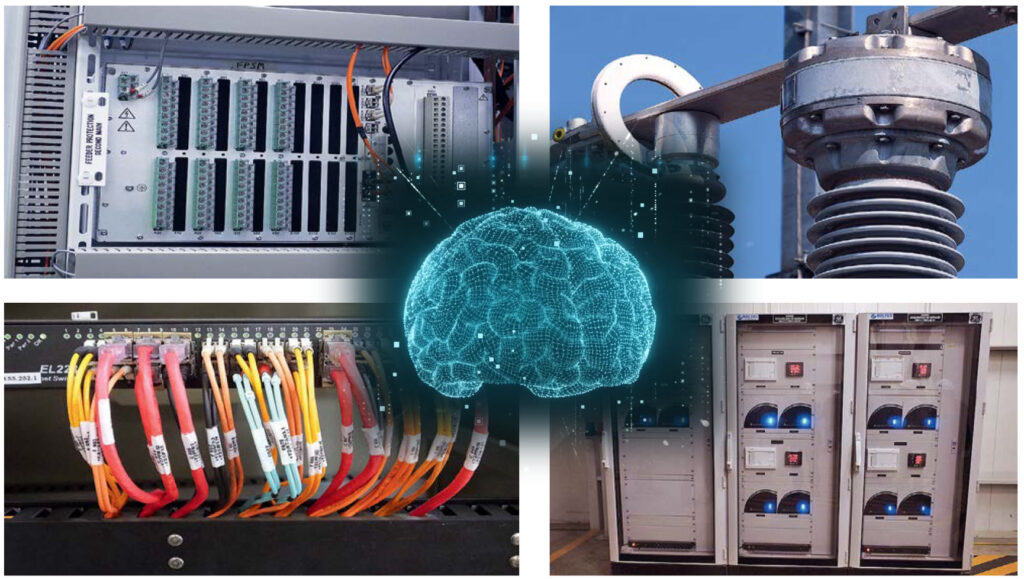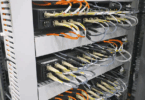by Alex Apostolov, USA
The integration of Artificial Intelligence (AI) into electric power systems is transforming the way we manage and maintain reliability in these systems. AI, through machine learning algorithms and predictive analytics, enables more efficient and robust power management, leading to significant improvements in system reliability.
At the core of this transformation is AI’s ability to analyze vast quantities of data quickly and accurately. For electric power systems, this capability is invaluable for predicting potential failures or disruptions.
For example, AI can monitor a power grid’s components in real-time, detect anomalies, and predict failures before they occur, allowing for proactive maintenance and repair. This predictive maintenance significantly enhances reliability as potential faults are detected and rectified early, thus reducing unexpected outages.

AI also plays a significant role in improving load forecasting. Accurate load prediction is critical for system stability and preventing power shortages. Traditional methods often struggle to account for rapid or unpredictable changes in power demand.
AI algorithms, on the other hand, can analyze complex patterns and multiple variables, such as weather data and customer behavior, to forecast power demand with higher accuracy. This improves the balance of supply and demand, hence enhancing overall system reliability.
Moreover, AI is instrumental in integrating and managing renewable energy resources, which are inherently variable due to their dependence on weather conditions. AI algorithms help predict the availability of renewable resources, optimize their integration into the grid, and manage energy storage systems. This ensures a steady supply of power, further enhancing system reliability.
Additionally, AI contributes to the resilience of power systems against cyber threats. Power systems are increasingly interconnected and digitalized, which exposes them to cyber-attacks that could compromise their reliability. AI-based cybersecurity solutions can detect and mitigate such threats, thus protecting the integrity of power systems.
AI’s role in grid automation also contributes to improved reliability. Smart grids, enabled by AI, can automatically reroute power during an outage, balance power loads, and even self-heal, significantly minimizing downtime and service disruptions.
While the application of AI brings enormous benefits, it also introduces new challenges. Ensuring the robustness of AI algorithms, dealing with data privacy issues, and managing the risk of over-reliance on AI are all crucial factors that need to be addressed.
It is clear that the evolution of AI is revolutionizing electric power systems, offering significant improvements in reliability through predictive maintenance, improved load forecasting, enhanced integration of renewables, robust cybersecurity, and grid automation.
However, these advancements must be coupled with measures to manage the challenges that AI integration presents to ensure sustainable and reliable power systems.








